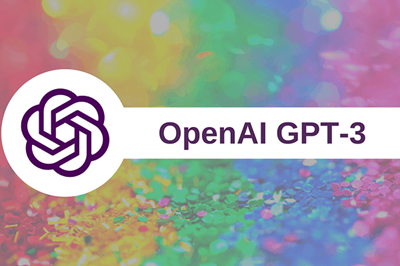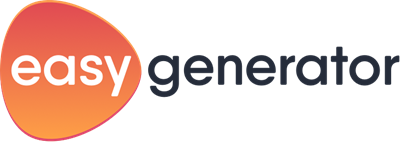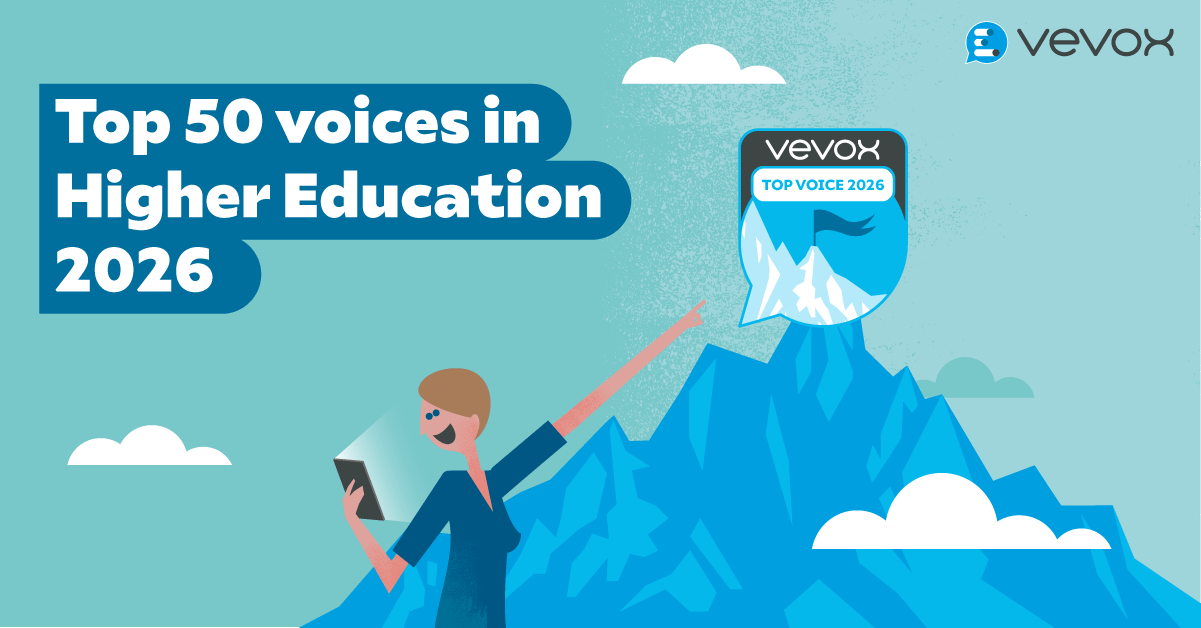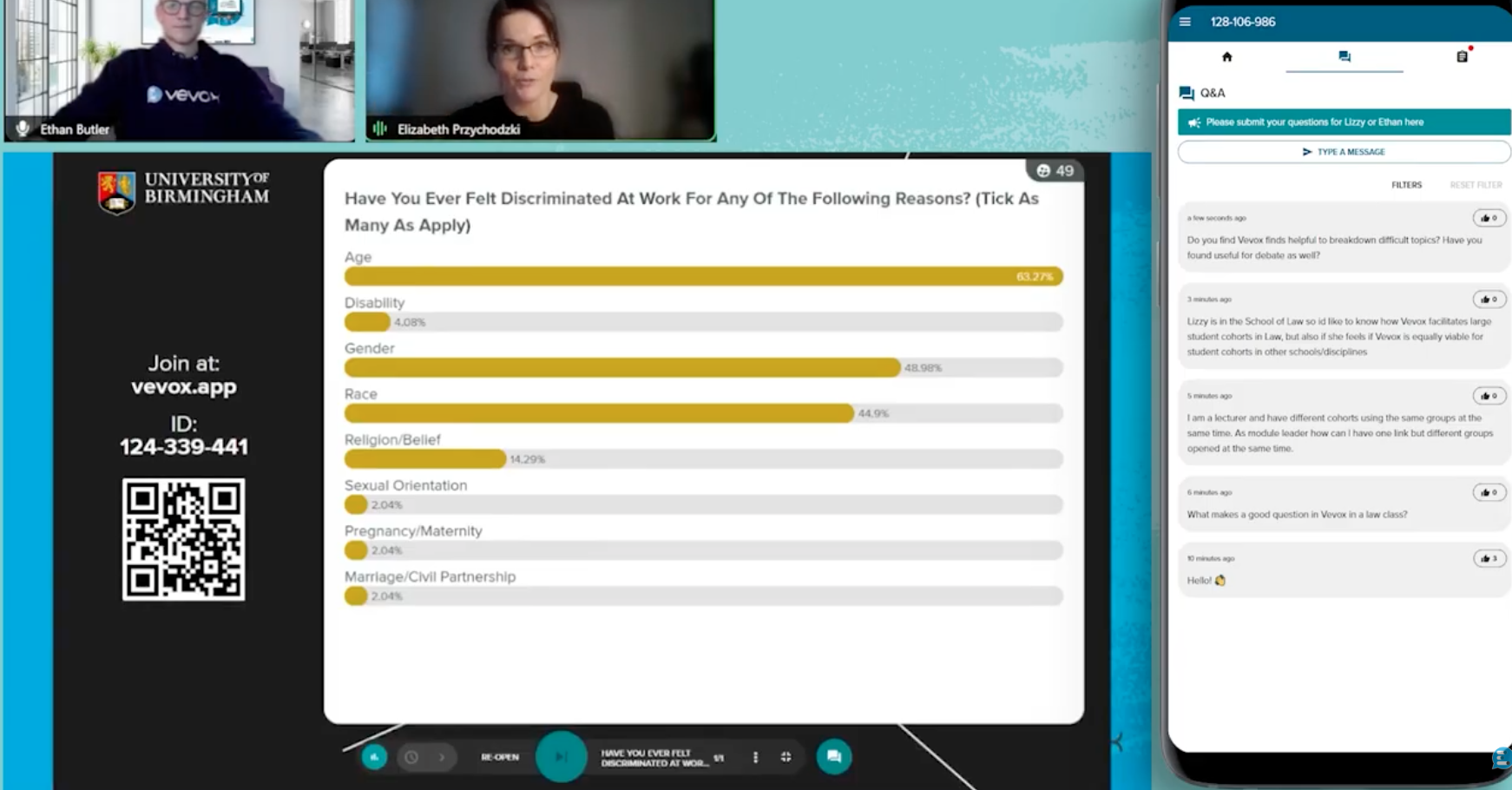1. OpenAI GPT-3:

OpenAI's GPT-3 is a state-of-the-art language model capable of generating human-like text. It can be leveraged to generate quiz questions across multiple domains and difficulty levels. With its vast knowledge base and natural language processing capabilities, GPT-3 can create questions that challenge learners and promote critical thinking.
2. Vevox:

Vevox stands out as an AI quiz question generator that offers a user-friendly and intuitive interface for running live quizzes and polls. It brings together the best of two worlds by integrating the #1 AI quiz question generator- Open AI’s Chat GP-3 within it’s own audience polling platform. This combination guarantees quality quiz questions and saves educators and quiz hosts hours of time and testing by removing the need to input the questions (and associated correct answers and explanations for them) into the polling/quizzing platform.
3. IBM Watson:

IBM Watson is a cognitive computing platform that offers AI question generation capabilities. It can analyze text and generate questions based on the content. Watson's advanced algorithms ensure that the questions are relevant and aligned with the learning objectives. Additionally, Watson can also evaluate the difficulty level of questions and provide valuable insights into the learners' performance.
4. Quizlet:

Quizlet is a popular online learning platform that specializes in learning tools like digital flashcards and tests. It incorporates AI technology to generate quiz questions used in these tests and machine learning algorithms to understand the content and create questions that assess specific topics.
5. ProProfs Quiz Maker:

ProProfs Quiz Maker is a web-based, comprehensive quiz authoring tool that will let you create, share & grade online assessments. It integrates AI capabilities to automate question generation. It can create various question types, including multiple-choice, true/false, and essay-style questions. The platform also offers features like question tagging, randomization, and multimedia integration, enabling educators to design engaging and comprehensive quizzes.
6. WIRIS quizzes:

WIRIS quizzes is an AI-based question generator designed specifically for math and science subjects. It can automatically generate mathematical equations, graphs, and problem-solving questions. WIRIS quizzes also provides real-time feedback and step-by-step solutions, facilitating effective learning and assessment in STEM disciplines.
7. PrepAI:

PrepAI leverages the power of Artificial Intelligence and Machine Learning algorithms to create questions from text of varying difficulty. Besides being a smart and random question generator for test authors, it also serves as a one-stop solution for all content needs of an organization.
8. Easygenerator:

Easygenerator is an e-learning authoring tool with built-in AI question generation capabilities. It enables educators to create quizzes by simply inputting the content, which the AI engine analyzes to generate relevant questions. Easygenerator also provides options for multimedia integration and question randomization, ensuring dynamic and varied assessments.
9. EdApp:

EdApp is a mobile-first learning platform that utilizes AI to generate quiz questions. It offers a range of question types, including multiple-choice, image-based, and audio-based questions. EdApp's AI algorithm adapts to learners' performance and tailors subsequent questions accordingly, fostering personalized learning experiences.
10. ClassMarker:

ClassMarker is an online assessment platform that incorporates AI to generate customizable quiz questions. It provides a question bank with pre-made questions across various subjects, and educators can also create their own questions. ClassMarker's AI question generator assists in automatic question selection and randomization, streamlining the quiz creation process.
AI question generators have revolutionized the way quizzes are created and administered in the educational landscape. These innovative tools not only save time but also enhance the assessment experience by generating diverse, relevant, and challenging questions.
Whether it's GPT-3's language processing capabilities, Watson's cognitive computing power, or the ease of use offered by platforms like Vevox and Quizlet, educators have a plethora of options to choose from. By leveraging AI question generators, educators can focus more on facilitating meaningful learning experiences and evaluating learners' progress effectively.




